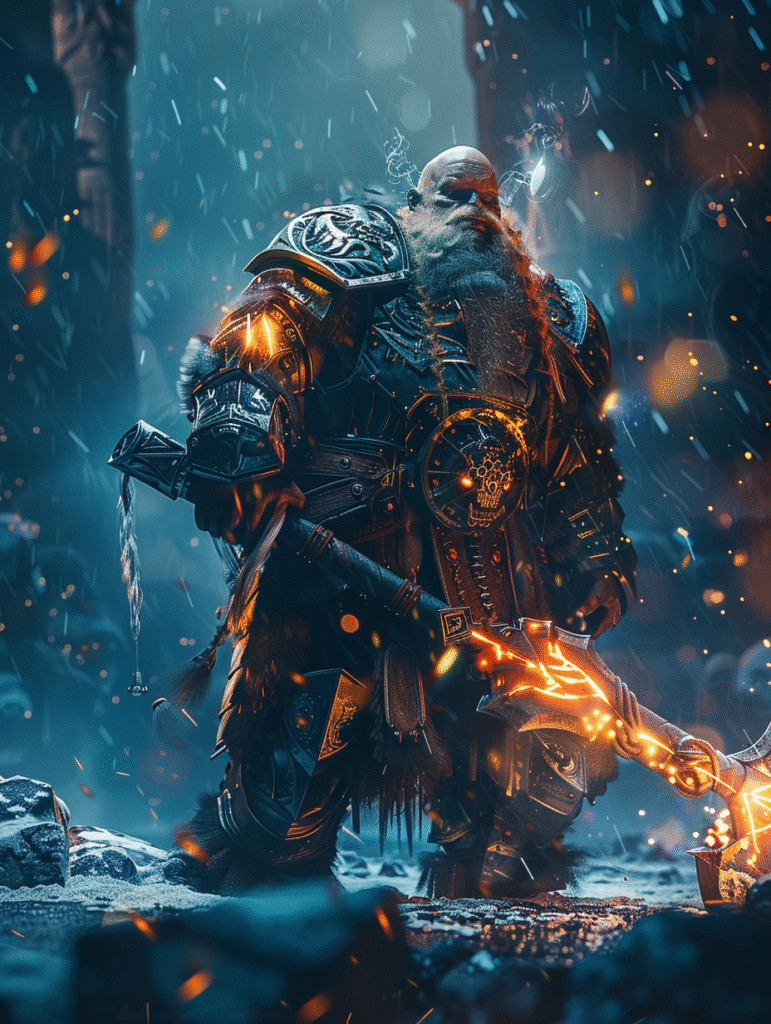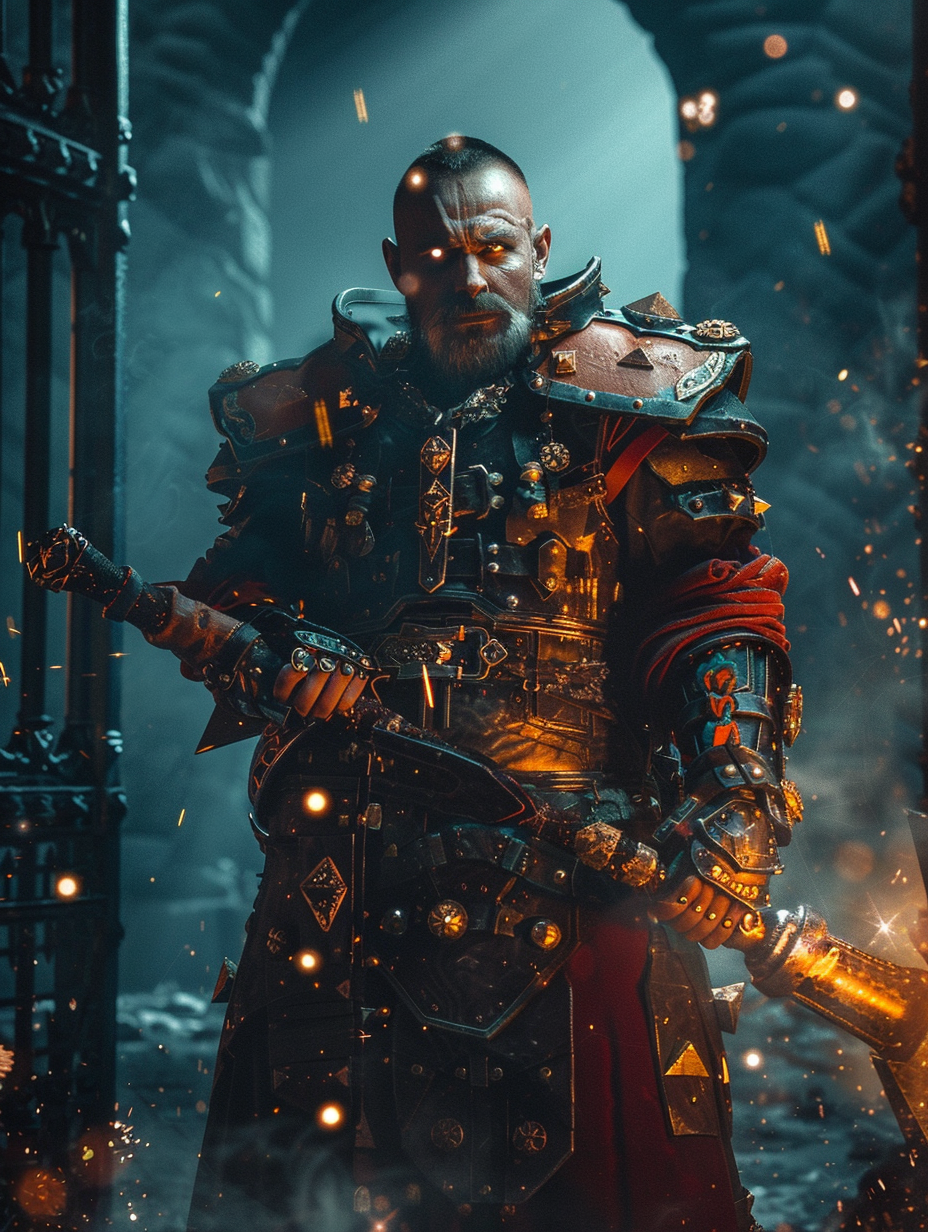The Lord of the Rings: The Battle for Middle-earth (BFME) series, consisting of “The Battle for Middle-earth” (2004) and its sequel “The Battle for Middle-earth II” (2006), stands out as one of the most successful interpretations of Tolkien’s world within the real-time strategy (RTS) genre. Developed by EA Los Angeles, these games captured the essence of the film’s epic battles, allowing players to command armies of Good and Evil on a truly grand scale.
Core Mechanics: Unlike many traditional RTS games, BFME placed a strong emphasis on tactical combat over extensive base building. While players did construct fortresses and production structures, the focus quickly shifted to managing large battalions of units, utilizing hero abilities, and leveraging terrain advantages. Resource gathering was simplified, with the main resource being “command points” that determined army size, encouraging constant engagement rather than passive economic development.
Faction Diversity: The games offered distinct factions, each with unique units, heroes, and playstyles.
- Good Factions: Gondor and Rohan (in BFME1), later expanded to include Elves and Dwarves (in BFME2). These factions often focused on well-rounded infantry, strong cavalry, and powerful defensive structures.
- Evil Factions: Mordor and Isengard (in BFME1), later joined by Goblins and the Men of the West (corrupted versions in BFME2). These factions emphasized overwhelming numbers, monstrous units, and devastating siege weaponry.
Hero System: Heroes were central to the BFME experience. Iconic characters like Gandalf, Aragorn, Legolas, Gimli, Sauron, and the Witch-king of Angmar acted as powerful units, gaining experience, leveling up, and unlocking new abilities that could turn the tide of battle. Their presence often dictated strategic engagements, making their protection and effective use crucial.
Epic Battles: The campaign modes often recreated key cinematic battles, such as Helm’s Deep, Minas Tirith, or the Black Gate, providing a sense of scale and immersion. The game’s engine allowed for hundreds of units on screen simultaneously, creating truly cinematic clashes.
Enduring Legacy: While the official servers are long gone, the BFME series continues to be revered by fans for its faithful adaptation of the movies, its intuitive yet deep strategy mechanics, and the sheer joy of commanding armies in Middle-earth. It remains a benchmark for how to translate a beloved fantasy world into a compelling RTS experience.

